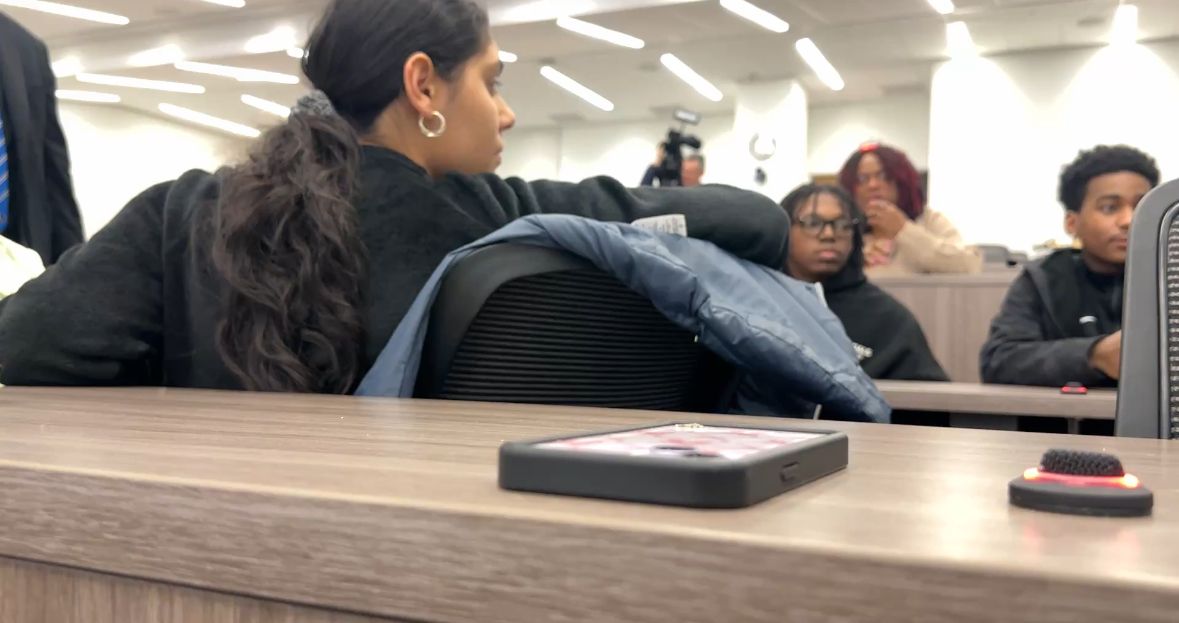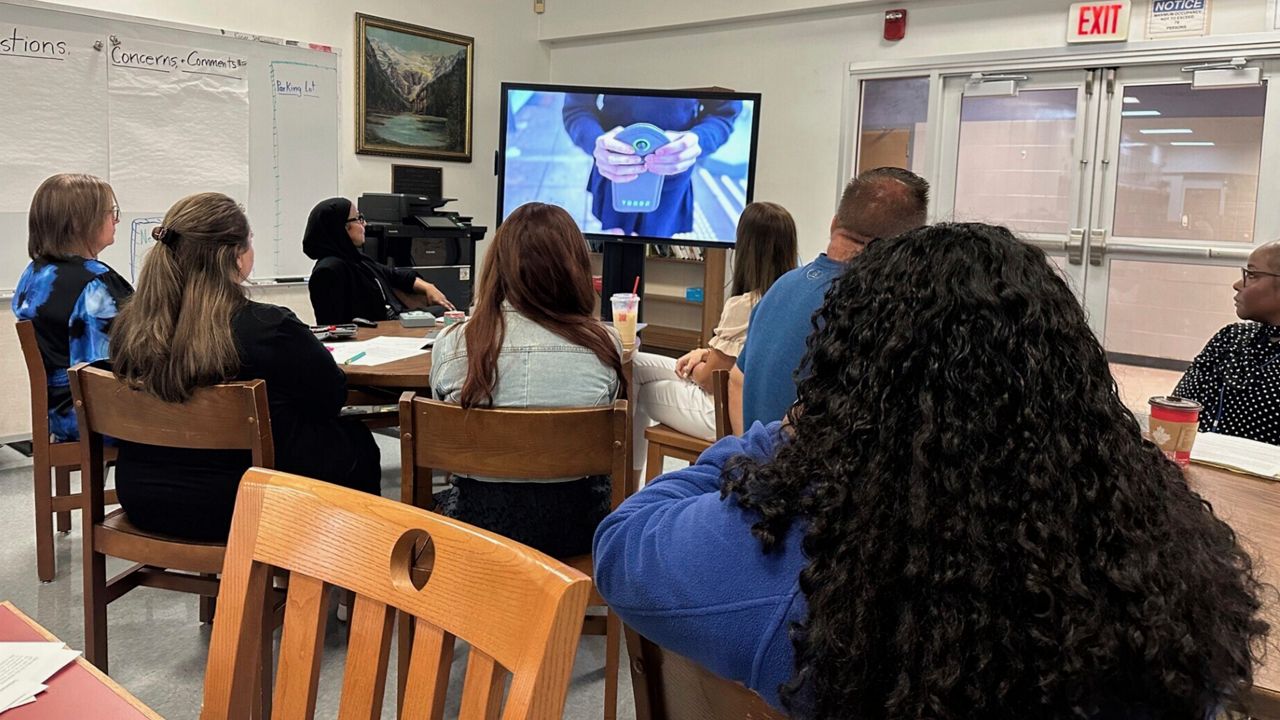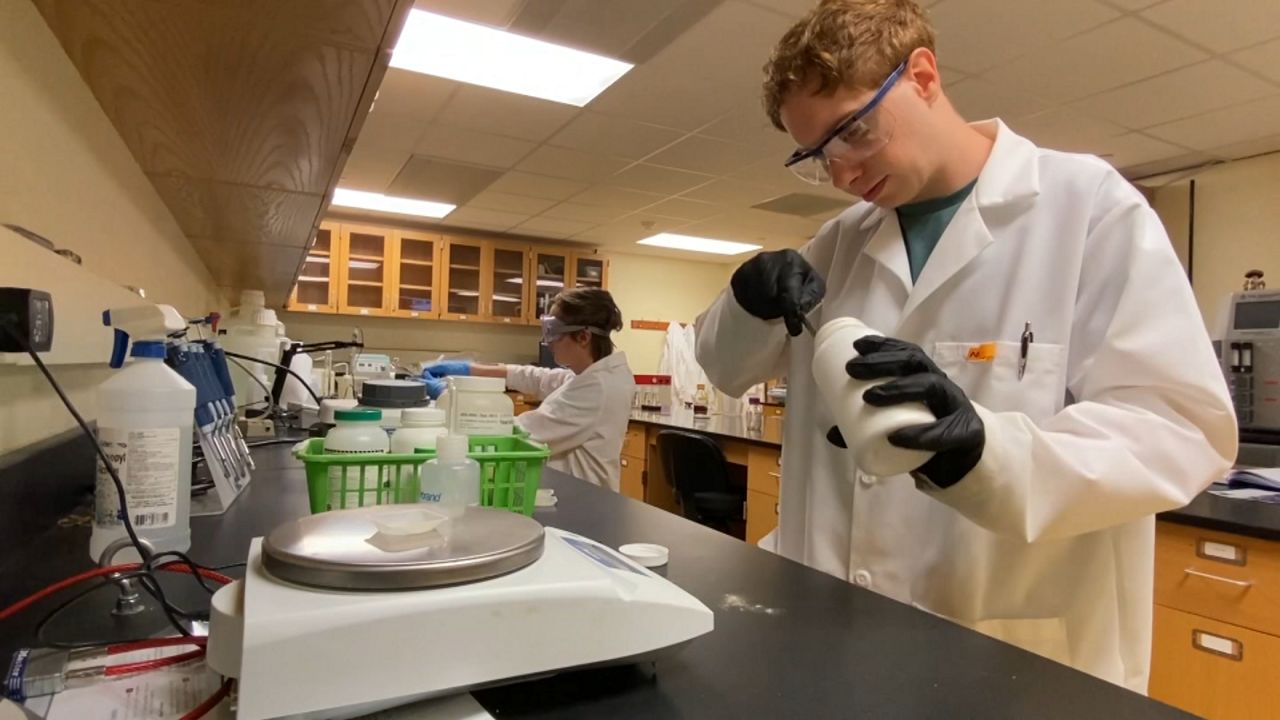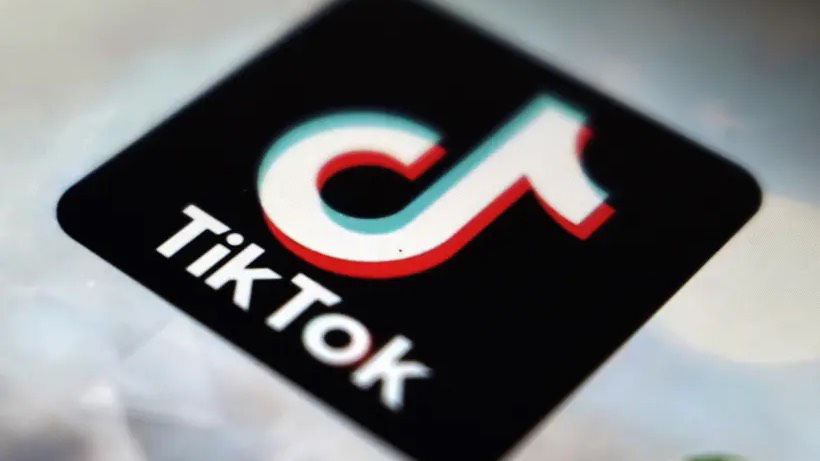Artificial intelligence technology is shaking things up in many high school and college classrooms in New York state and across the U.S.
ChatGPT is an AI bot that students can use for free with a few basic prompts. The emerging AI technology solves math problems and can write essays.
The technology is not just promising, but also problematic when it comes to its use in New York classrooms.
Mita Choudhury, a history professor at Vassar, teaches writing seminars. These days, she says she’s noticed some 21st-century technology making its way into an age-old problem.
What You Need To Know
- ChatGPT has been around for about two months and is shaking things up in high school and college classrooms in NY and across the U.S.
- Concerns among faculty at Vassar College about students cheating by submitting coursework written by the AI bot, which is free and can solve math problems and write essays using a few basic prompts
- Mita Choudhury, a longtime Vassar professor, is having to rethink her teaching methods, which will involve having transparent discussions with her students about ChatGPT, and using ChatGPT as a tool to show what it does right and wrong
“I’m skeptical about AI-generated writing. There are also questions about plagiarism,” Choudhury, a professional of 25 years, said. “My experience thus far with this AI material is that we don’t see, for example, citations. We don’t know where the information is coming from.”
Choudhury said she’s worried about ChatGPT. It’s computer code in which the machine can essentially communicate in conversational English, and learn from it.
The technology is exciting many in the tech community and its applications could be promising in a number of fields. But Choudhury worries the tech can also be used to take shortcuts in academics and communication, where a human mind is necessary.
“What I worry about ChatGPT, is that it basically takes away that process. It’s very much focused on that single paper, that single product,” she said. “And because there’s no effort, there’s no growing awareness of what’s involved, just in writing a paper, in working through your ideas, in synthesizing, in shifting your ideas as you think about them more. There’s no sense of development.”
She said she understands how AI may help students who are under pressure, to submit something quickly. But it takes away from the fundamental process of research and writing.
A recent card from a student, she said, proves her point. It reads, “I’ve learned and improved so much through your class, and my writing for other classes has improved because of it as well.”
Spectrum News 1 reached out to OpenAI, the company behind ChatGPT, for comment, but did not hear back.
As AI continues to be more humanlike, there are concerns among faculty here and across college campuses in the U.S., about students cheating by submitting coursework written by AI.
Choudhury has a plan for that: “It could actually be a tool for teaching writing, so I can imagine generating a question with my students, letting ChatGPT provide a paragraph, and then actually going through the paragraph as a class, and providing a critique. Both seeing what does it seem to do right? And where does it fall short?”
She wants to be open with her students to get them thinking critically about the pitfalls of ChatGPT. And how it undermines real learning.
So far, there are no reports of “cheating cases” using ChatGPT at Vassar. The faculty had meetings before classes started this semester to talk about the popularity of the new AI technology and the advantages and disadvantages. They recognize that ChatGPT is here to stay, so there are no plans, yet, to ban the powerful technology on school devices.








